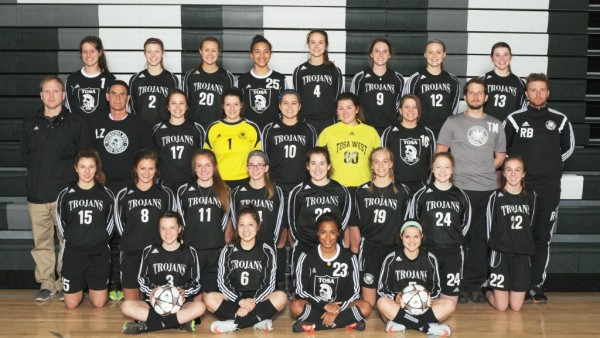In the revealing question of how full a glass is with water, an optimist is known for the opinion that the glass is “half full”; the pessimist for reporting that the glass is half empty. For realists like myself, the question is trivial and meaningless. The value of the question is indeed not scientific, but somewhat metaphysical. Realism, unmarred by optimistic or pessimistic doctrine, is our best forecast tool.
Whether marijuana should be allowed if medicinal value can be gained from it seems to me to be obvious, but the case of all other persons is a matter of opinion. Medical marijuana is already legal in twelve states, and six states have decriminalized marijuana-related acts. California, an example of a very liberal state, demoted marijuana possession to a misdemeanor. The Drug Enforcement Administration considers the drug to have “a high potential for abuse, no currently accepted medical use in treatment in the United States, and a lack of accepted safety for use of the drug or other substance under medical supervision”. Interestingly enough, some of the same characteristics are seen in tobacco products. It is plausible that tobacco would not be legalized today under the DEA’s classification of marijuana. There must be some significant difference between hops and cannabis products.
On June 22, 2009, Barack Obama signed into law H.R. 1256, the Family Smoking Prevention and Tobacco Control Act. This bill was a step forward in some respects of tobacco regulation. For example, warning labels will now have to cover at least 50% of the front and rear of the package. This bill contains a damning caveat, however: the FDA will no longer have the authority to totally ban addictive nicotine. This stipulation was not an accident, but a preservation of Big Tobacco’s subjugation of their captive market. The difference between legal drugs like nicotine and marijuana is the presence of a powerful and opulent sustaining lobby.
My prediction is that the federal government will not legalize marijuana anytime soon. The illegal drug trade is a $400 billion international industry, and the DEA seizes $1 billion in ‘black money’ annually. If marijuana suddenly became legal, this source or revenue would suddenly dry up. Other drugs which are illegal would continue to bring revenue, but the government is not in favor of any loss of funding. A high tax on marijuana use would be the inevitable fix to the monetary vacuum. In order to make non-medical marijuana legal in the US, the government will need a very good reason to overcome the conservative resistance to drug reform.



